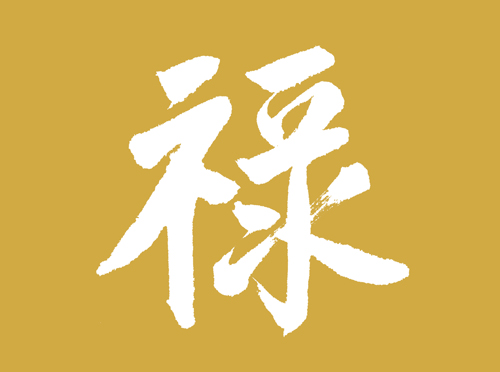
A client recently asked me: ‘Is it really necessary to know all that much about traditional values and etiquette and all that in Chinese business culture? After all, China is rapidly modernising and becoming more and more Westernised. We all do business in the same way. Soon the Chinese will be more or less like us.’
Well, yes and no. There is no doubt that the mixture of Confucian, Taoist and Buddhist influences on the way Chinese think about life and do business is less visible to the unsuspecting Westerner than it was twenty years, or even ten years ago.
There is a surface veneer of intense modernity and cosmopolitanism to the residents of the Tier 1 (Beijing, Shanghai, Guangzhou etc) and big coastal cities of China that would seem to infer that amid all the advertising hoardings, the large cars, the latest mobile phones and electronic gadgets, the speaking of English, the Chinese way of doing business was becoming more or less similar to that in Western countries.
Scratch the surface
However, scratch beneath the surface and many foreign executives will find that the Chinese business environment, although apparently ‘Westernised’, retains many of the traditional characteristics of Chinese culture. Family values remain extremely important, as Confucianism dictates, with high respect for seniority and the elderly, and those children that are not sent off to college or university (many to the UK) remain in the family home until they are married.
That said, there is one exception to the Confucian rule that emphasizes the predominance of the male line, which is still observed in Japanese and Korean families and business. In China, communism’s emphasis on everyone being equal means that there are many more women in business, and in positions of power, than in other Confucian societies.
Due to their history, the Chinese are polite but often slow to accept any outsider into their charmed family circle or local network. To the foreigner, they may seem to be not very trusting and even secretive or ‘unreadable’. But even within their own circles, the Chinese can be very slow to accept others. If you speak the same dialect or come from the same village or locality, it is much easier to be accepted.
What is true at the local level is even truer at the big city level, where identity and trust are preserved through behaviour that may seem ‘clannish’ to the outsider. This closed mentality means that Westerners must devote time and effort to getting into the circle of trust by slowly building good relationships.
Personal trust is essential
Generally speaking, in Chinese business the question of the deal (the ‘offer’), the potential profits, the possible transaction, the organisation your represent, even the win-win benefits of a proposal will be considered as secondary to the question of whether your Chinese counterpart will feel comfortable doing business with you. In other words, trust (xinyong) has to be established.
However, trust usually takes a considerable time and a lot of entertainment and socializing. Chinese business is above all personal, and it is as a likeable and well-respected person that you succeed, not necessarily as a professional as in the West. That is why first impressions are so important in Chinese business etiquette and in all Chinese business negotiations.
At the corporate level, senior Western executives should make sure that they fulfil the expectations of Chinese protocol when they meet their Chinese counterparts and that junior managers do the same. The Chinese will expect similar ranks to be matched with similar ranks in meetings, and that their Western counterparts build a personal relationship with their equals in the pecking order.
Companies that chop and change their staff in their China offices, or their senior executives, will often find that these personal relationships have to be formed all over again.
In other words, Confucian values and etiquette still have meaning in Chinese business culture. Despite all the apparent modernity, the new technology and internet businesses, and the desire of the younger generation in the more affluent cities (known as the Millennials or Generation Y) to break away from their parents’ way of doing things, the emphasis on hierarchy, teamwork and family still holds sway.
If you want to succeed in China, learn the traditional business values!













